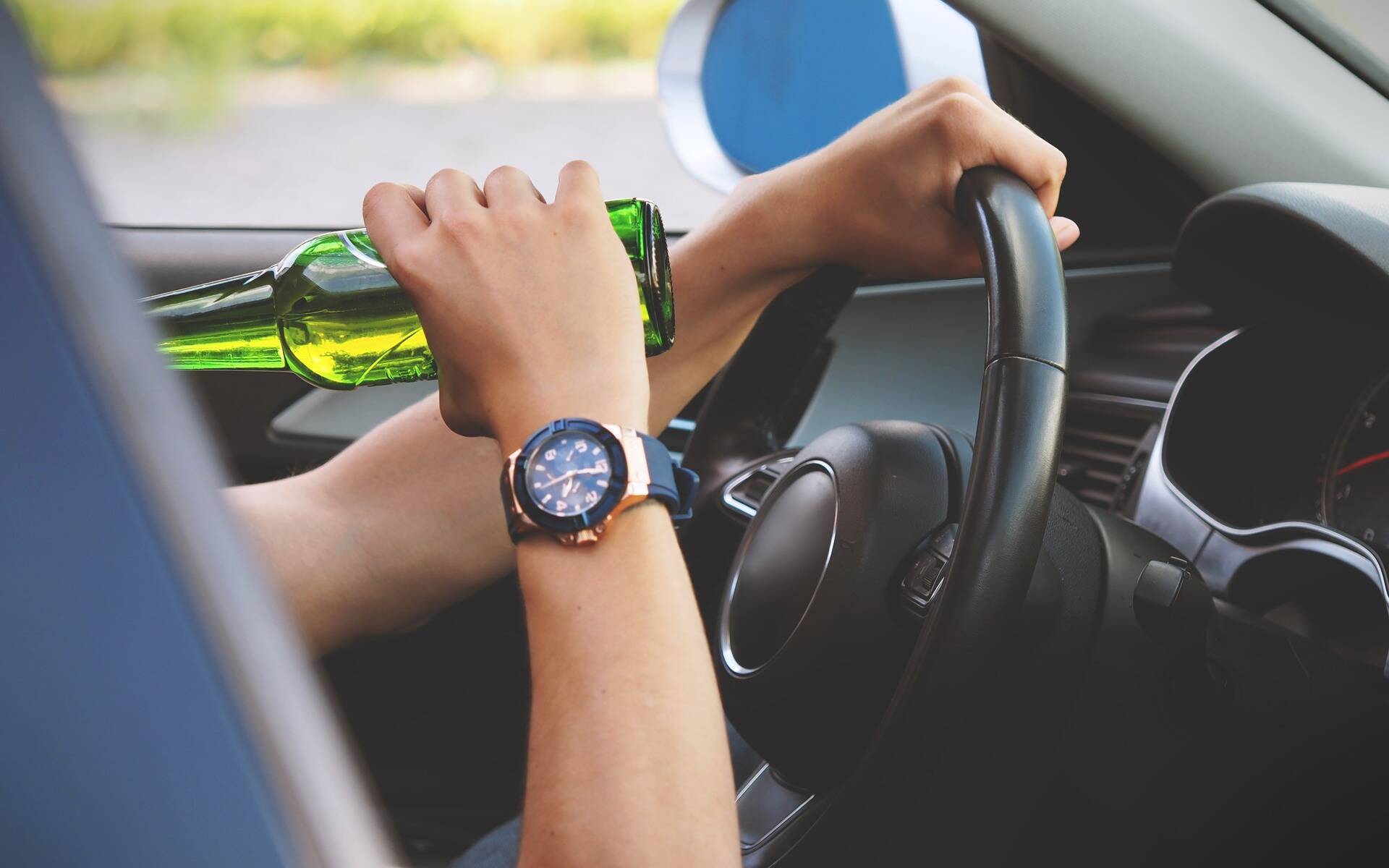U.S. Authorities Want to Mandate Anti-Drunk Driving Tech in All New Cars
The multiple awareness campaigns about the dangers of drunk driving seem to have limited impact judging by the number of accidents and fatalities that remains high, so what’s the next step? U.S. authorities would like to make it harder for drivers to take the wheel and hit the road.
The National Highway and Traffic Safety Administration (NHTSA) is proposing to mandate "Advanced Impaired Driving Prevention Technology" in all new vehicles sold in the country. The proposal has entered the public comment phase this week.
Read also
- Study Claims Dehydration Can Be as Dangerous as Drunk Driving
- Apple CarPlay, Android Auto are Worse Than Drunk Driving, Study Shows
This comes on the heels of the Inflation Reduction Act (IRA) that the U.S. Congress passed last year and included a provision for the NHTSA to determine the most effective ways to deal with drunk driving.
The technology being discussed could utilize two detection methods. One is a breathalyzer-like device mounted on the steering wheel that can passively monitor the driver's breath. The second is a near-infrared light scanner installed in the ignition switch and able to detect alcohol via the driver’s skin—a solution that sounds far less intrusive and more likely to persuade people.
Details about the proposed legislation and how it would be applied and enforced remain vague, however. There are also concerns about the effectiveness and reliability of the system. What if it fails to detect impairment and allows a drunk driver to operate their vehicle freely? On the other hand, what if a perfectly sober driver is left stranded because of a sensor malfunction?
Loopholes and workarounds are another issue. For example, a different individual such as the front passenger could try to pass for the driver and fool the system.
It will be interesting to see the result of the public consultation. The final rules and requirements could still take years to materialize. And if the U.S. does it, how long until Canada follows suit?








